EDITORIAL
Published on 14 Aug 2023
Editorial: Ecological and behavioral traits of apex predators in oceanic insular ecosystems: advances and challenges in research and conservation
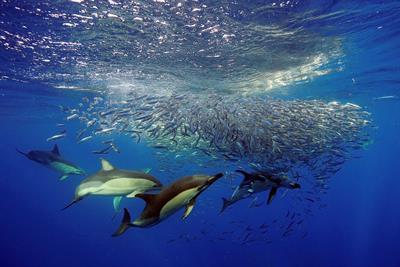
doi 10.3389/fmars.2023.1252360
- 1,415 views
- 3 citations
9,012
Total downloads
53k
Total views and downloads
EDITORIAL
Published on 14 Aug 2023

ORIGINAL RESEARCH
Published on 12 Jun 2023
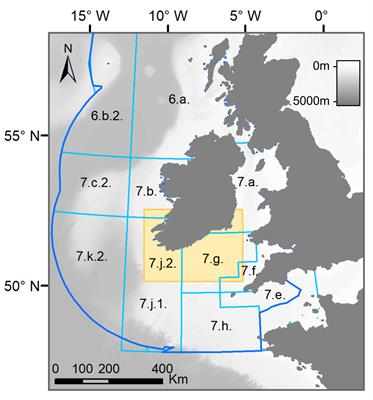
ORIGINAL RESEARCH
Published on 22 Feb 2023

REVIEW
Published on 14 Feb 2023
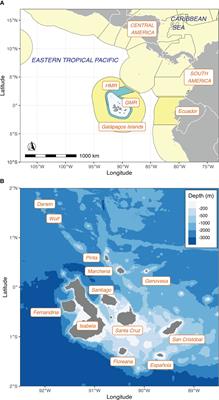
ORIGINAL RESEARCH
Published on 08 Dec 2022
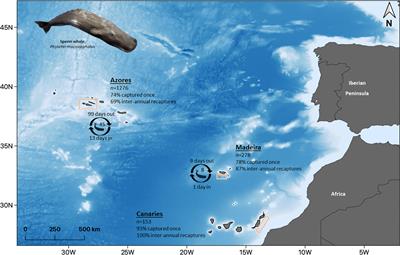
ORIGINAL RESEARCH
Published on 15 Nov 2022
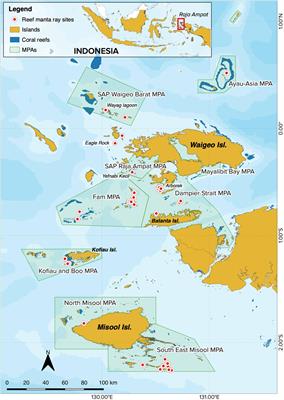
ORIGINAL RESEARCH
Published on 04 Nov 2022
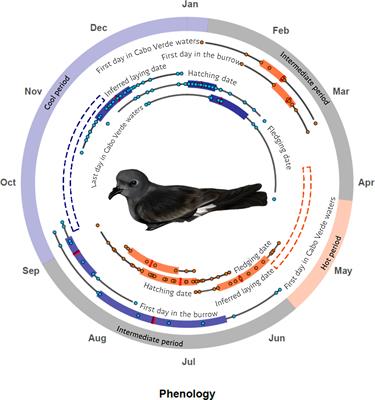
ORIGINAL RESEARCH
Published on 27 Oct 2022
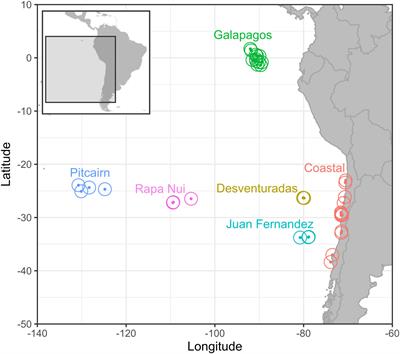
ORIGINAL RESEARCH
Published on 27 Jul 2022
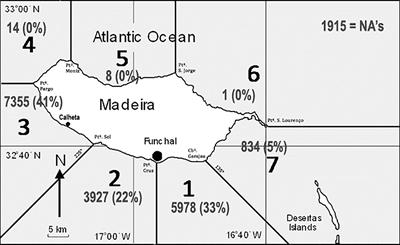
ORIGINAL RESEARCH
Published on 05 Jul 2022
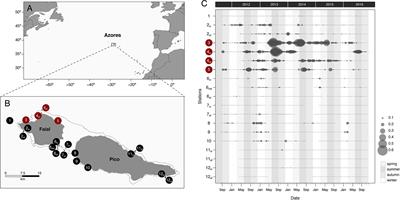
ORIGINAL RESEARCH
Published on 30 Mar 2022

ORIGINAL RESEARCH
Published on 30 Mar 2022
